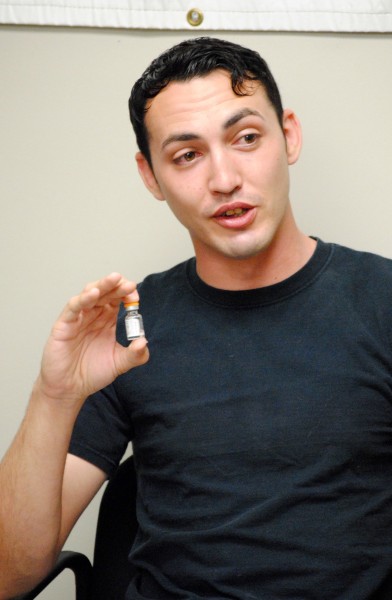
The Good Samaritan Act was passed in the RI Senate last week on the second legislative day of the season and the enthusiastic support the Act has received from Governor Gina Raimondo and Speaker Nicholas Mattiello gave advocates hope that the bill might be on the fast track. Those hopes were dashed last night when the vice chair of the House Judiciary Committee, Representative Doreen M. Costa (R District 31 Exeter, North Kingstown) motioned to hold the bill for further study.
Larry Berman, communications director for the Office of the Speaker, explained that, “It is customary to hold almost all bills of substance after the first hearing. The exceptions are for minor bills such as marriages. This enables the committee members and staff to review the testimony and many times there are changes made after listening to the testimony.”
The bill exempts “from liability any person who administers an opioid antagonist to another person to prevent a drug overdose. It would further provide immunity from certain drug charges and for related violations of probation and/or parole for those persons who in good faith, seek medical assistance for a person experiencing a drug overdose.”
The bill under consideration in the House is identical to the one that passed in the Senate and it seemed all the members of the House Judiciary Committee were on board with the bill, or at least anxious to be seen sitting in support of it. I have never attended a committee meeting where every member was present when role was called. Even Committee Chair Cale P. Keable (D District 47 Burrillville, Glocester) noted that having no absentees at a committee meeting “hasn’t happened in a long time.”
“Overdoses represent a public health crisis,” said Dr. Nicole Alexander-Scott, director of the Rhode Island Department of Health, in her testimony before the committee, “that is as urgent as any crisis we have ever confronted in Rhode Island in the past.” Both Director Alexander-Scott and Maria Montanaro, director of the Department of Behavioral Healthcare, Developmental Disabilities and Hospitals presented evidence that the law saves lives.
Jonathan Goyer, who is in recovery and works as an advocate combating drug addiction and overdose told the committee, “No pressure, but as I’m sitting in the back of the room, there’s a good chance that as we all sat in here, that we just lost another life… and I don’t think we need to wait until next week, I think it needs to pass today.”
But the bill did not pass, and will not pass this week.
Larry Berman told me the Good Samaritan Act, “is tentatively scheduled to be posted for a vote at the next Judiciary Committee meeting, Tuesday, January 19, and then it could be brought to the floor for a potential vote by the full House on Thursday, January 21.”
No pressure, House of Representatives, but people are dying.
You can watch all the testimony in the video below.
And you can watch Jonathan Goyer explain how Narcan helps save lives here:

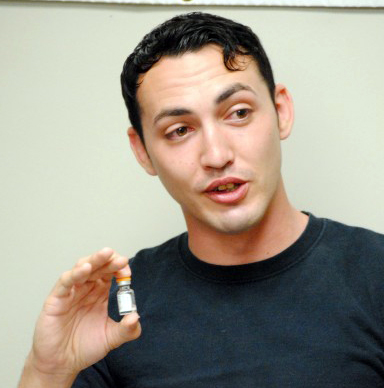

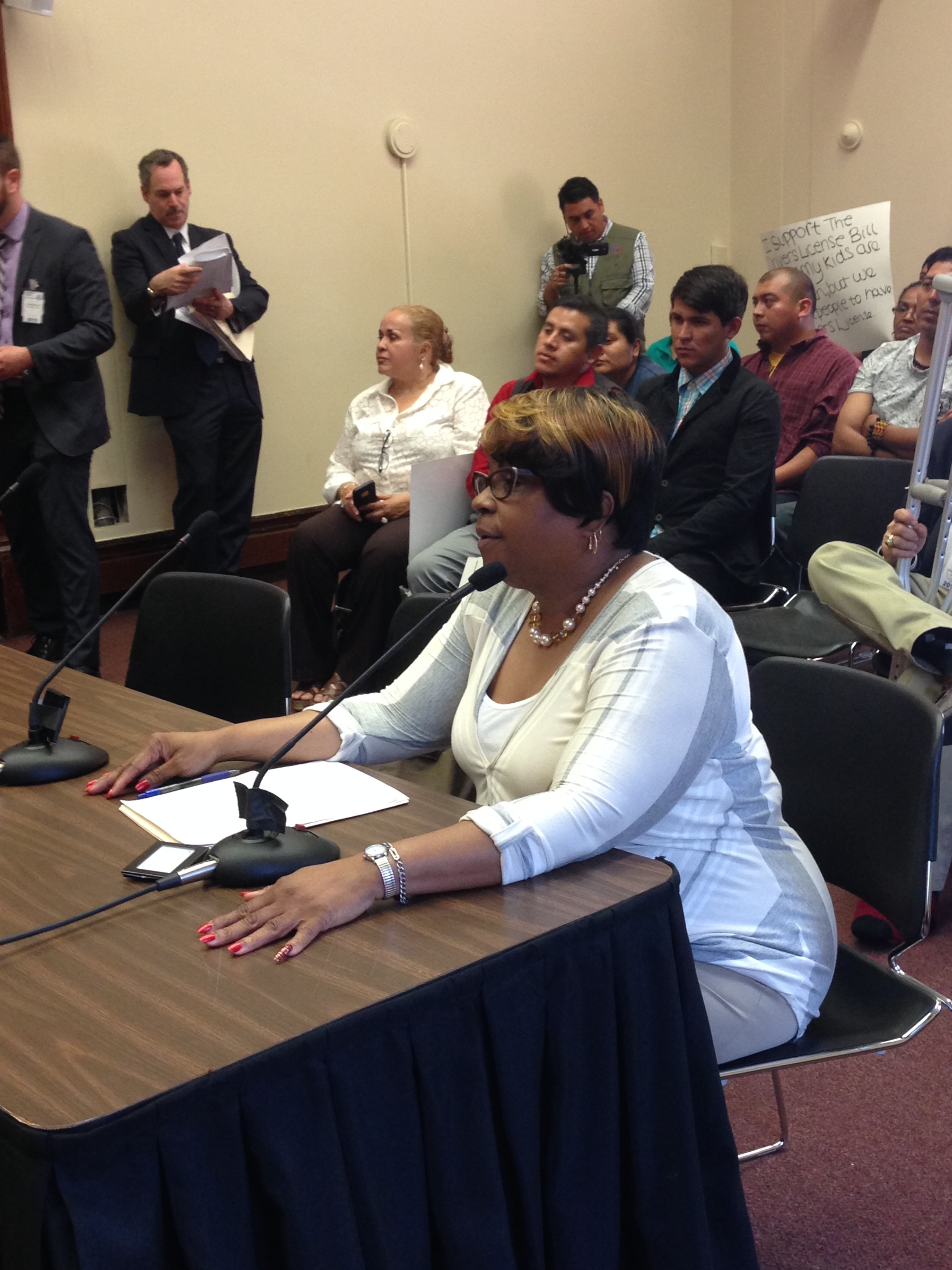

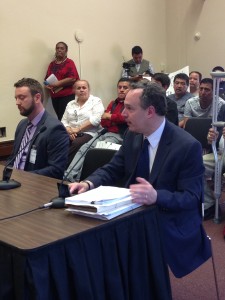



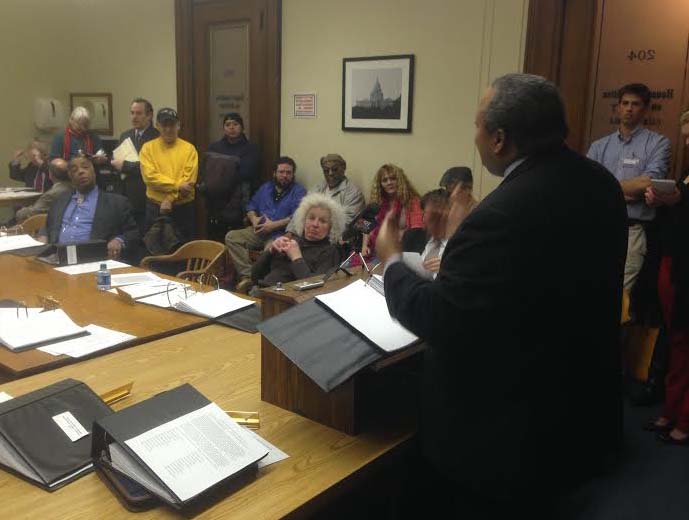
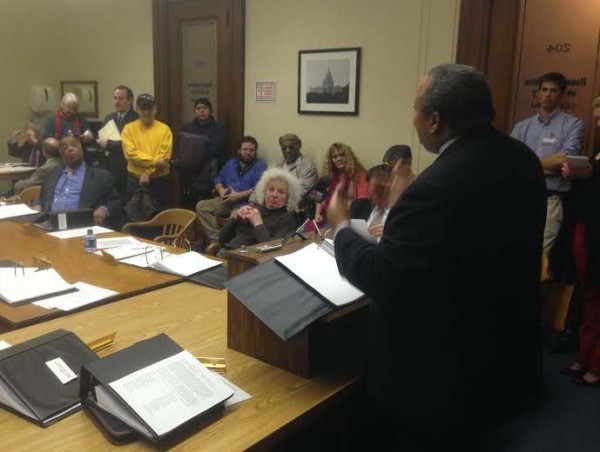 Even the House sponsor of
Even the House sponsor of